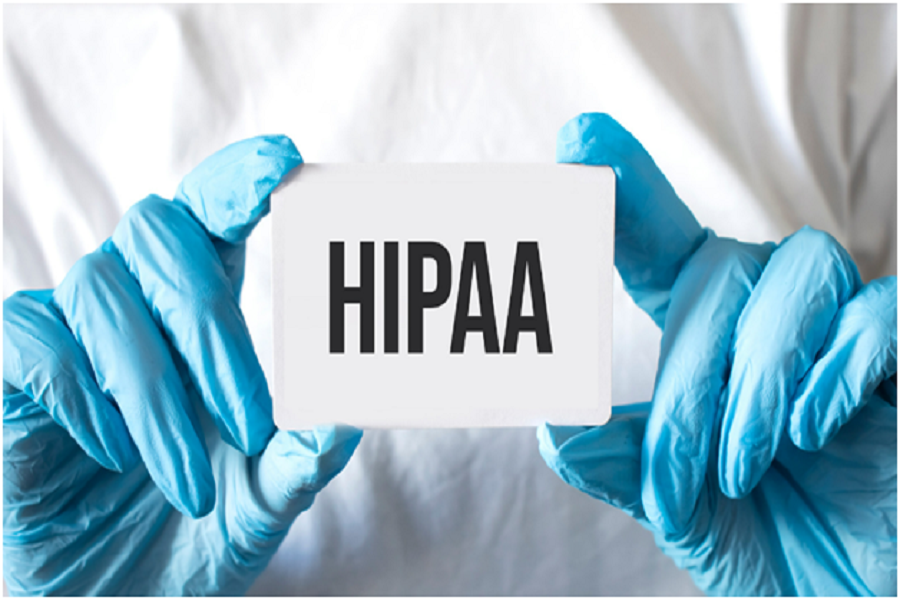As the healthcare industry continues to rely heavily on electronic health records (EHRs) and advanced technological systems, the importance of data security and safeguarding sensitive patient information has become more crucial than ever. Among the critical regulations that healthcare providers, software developers, and IT consultants must adhere to is the Health Insurance Portability and Accountability Act (HIPAA). This article will discuss the role of software consulting in ensuring HIPAA compliance and the strategies to implement it effectively.
Understand the HIPAA Regulations
The first step towards achieving HIPAA compliance is having a thorough understanding of the law and its requirements. This involves familiarizing yourself with the various rules, such as the Privacy Rule, the Security Rule, and the Breach Notification Rule. Each of these regulations affects different aspects of healthcare operations, so knowing them inside out is essential.
Engage Professional Assistance
To guarantee that your software meets the requirements laid out by the various HIPAA regulations, it is crucial to seek help from experienced professionals. HIPAA compliance consulting can assist you in assessing, planning, and implementing HIPAA-specific policies and procedures within your organization. These consultants have deep knowledge of the rules and can tailor a compliance plan that fits your unique needs and concerns.
Perform a Risk Assessment
HIPAA stipulates that organizations must conduct regular risk assessments to evaluate their compliance status and identify any security vulnerabilities. This process helps detect potential threats and provides actionable insights to address them effectively. Hiring a skilled consultant can not only streamline this assessment but also offer substantial expertise in addressing the potential risks your organization may face.
Develop Policies and Procedures
Based on the findings from your risk assessment, your organization should develop and implement HIPAA-compliant policies and procedures that safeguard sensitive patient information. It’s crucial to involve all staff members in this process, as their understanding and adherence to the protocols are vital to ensuring compliance. A consultant can provide you with best practices for creating and maintaining documentation that supports HIPAA compliance.
Employee Training
A critical aspect of ensuring HIPAA compliance is educating your employees on the regulations and how they impact their daily responsibilities. Consistent and thorough training can significantly reduce the risk of breaches or data loss caused by human error. Leveraging your software consultant’s expertise can help create more efficient and effective training programs tailored to your organization’s specific needs.
Regular Audits and Monitoring
Periodic audits and monitoring of your systems can help identify potential compliance gaps and address them proactively. A comprehensive approach to monitoring is necessary to ensure consistent adherence to all applicable regulations. Utilizing a consultant’s knowledge and experience in this area can provide valuable insights and help formulate a more robust monitoring plan.
In conclusion, ensuring HIPAA compliance in today’s rapidly evolving technological landscape may seem daunting, but with the right support from software consultants and a proactive approach, organizations can minimize the risk of data breaches and non-compliance. To learn more about the role of consultants in achieving compliance, check out this blog. Remember, safeguarding sensitive patient data is a collective responsibility – do your part and make HIPAA compliance a priority.



